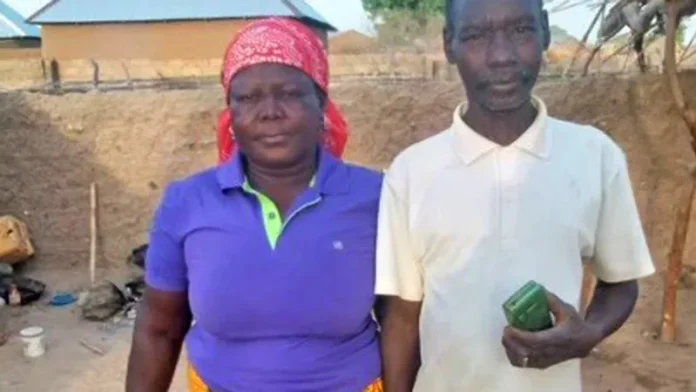Ten years after Boko Haram abducted hundreds of schoolgirls in Chibok, Nigeria, the fight for their freedom takes a new, unexpected turn. While some girls have returned, their choices are challenging deeply held beliefs.
Yama Bullum’s joy at his daughter Jinkai’s return is overshadowed by her decision. Like other recently freed girls, Jinkai chose to remain married to her former captor. This, along with the government’s support for these unions, fuels Mr. Bullum’s anger.
Governor Zulum prioritizes ending the insurgency. He believes allowing these marriages encourages others to defect. However, this approach clashes with the wishes of parents like Mr. Bullum, who see it as sacrificing their daughters for stability.
Some freed girls, like Aisha Graema, see their captors not just as captors but also as husbands and fathers to their children. Mary Dauda credits her husband with helping her escape. Experts point to Stockholm syndrome, indoctrination, and the formation of families as reasons for these choices.
The lack of a comprehensive reintegration plan for the girls is highlighted by critics like Aisha Muhammed-Oyebode. This, they argue, could have prevented the current chaos.
The situation creates family rifts. Ms. Dauda’s decision led to a heated argument and her father’s withdrawal from support groups. Jinkai seems estranged from her family, with her husband controlling communication.
The Chibok girls’ situation raises complex questions about freedom, rehabilitation, and family dynamics. The government walks a tightrope, balancing the girls’ wishes with the parents’ pain. The girls themselves face a difficult path forward, caught between their past and their families’ desires.























